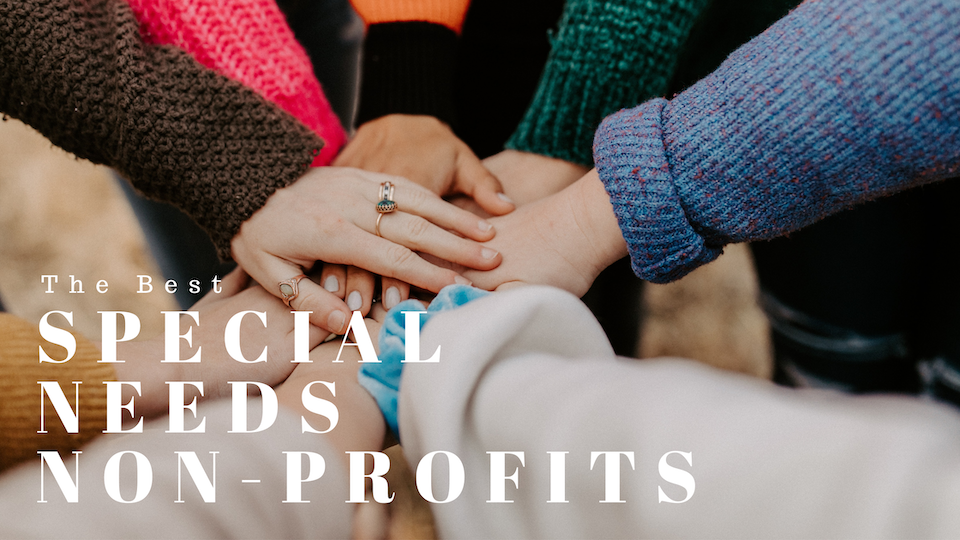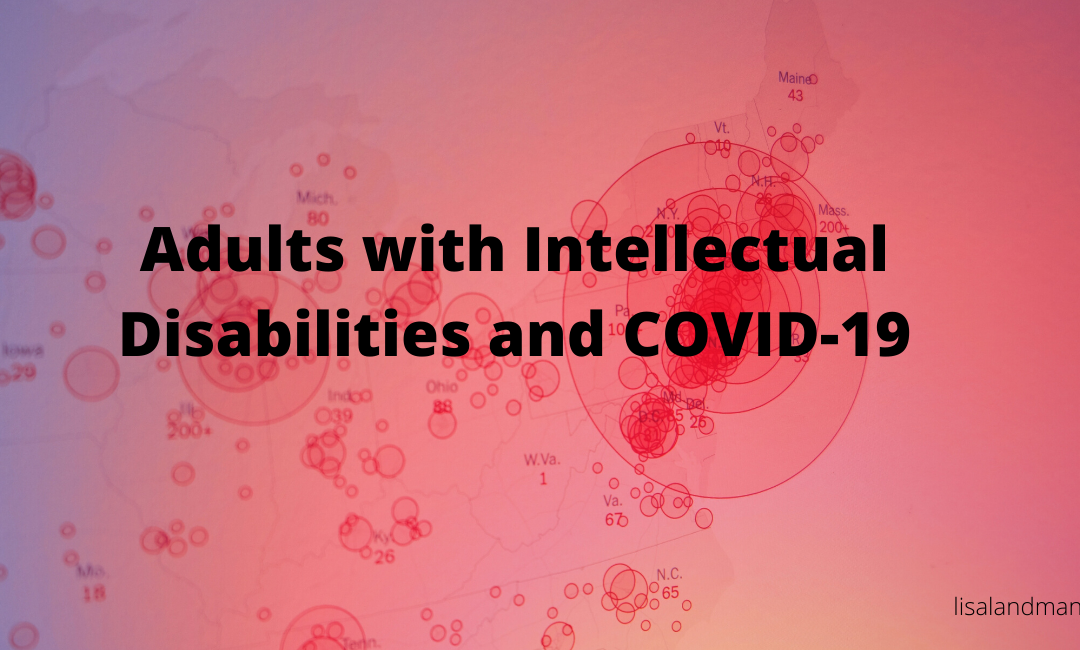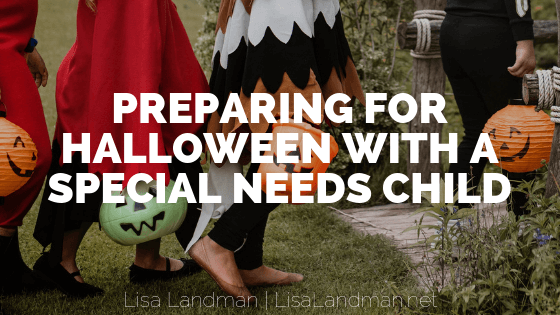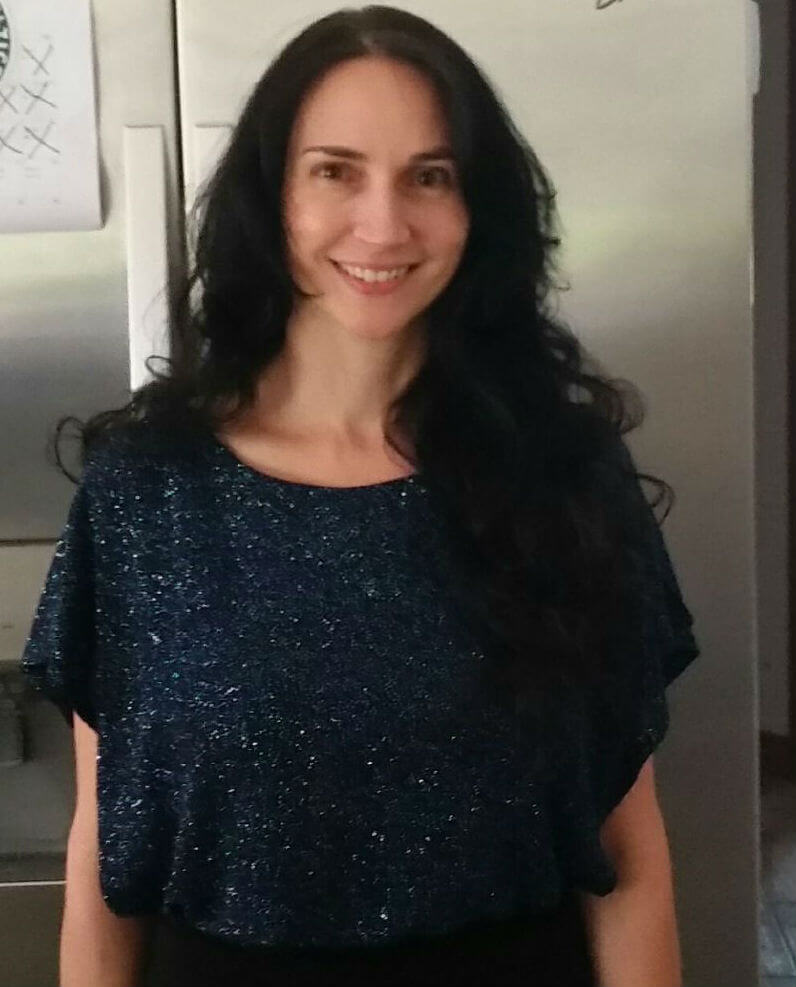
The Best Special Needs Nonprofits
A special needs organization is one that focuses on people afflicted by a specific condition, such as cerebral palsy, intellectual disabilities, brain injury, orthopedic impairment, visual or hearing impairment, and a wide range of others.
Some of the best non-profits in the nation fit the definition of a special needs organization. Supporting them with your cash donation or volunteer time can make you feel on top of the world.
Here are some of the top special needs organizations in the U.S.:
In 1950, people who are intellectually disabled or were developmentally disabled were most commonly called “mentally retarded.” Back then there were also almost no programs to administer to the special needs of these people or support for their families.
Today, The Arc has 730 chapters in 39 states. It is headquartered in Washington D.C. It offers referral services and information for families caring for a developmentally disabled person. It also engages in individual advocacy to address such needs as special education, health, residential support, employment programs and much more.
UCP serves people afflicted with this brain condition that produces muscle weakness, impaired muscle coordination, muscle stiffness, difficulty swallowing, speaking, hearing and more. People with this condition often become 100% handicapped.
UCP was founded in 1949 by Leonard Goldstein, the founder of the ABC broadcast network. Two of its major programs are My Life Without Limits and My Child Without Limits. UCP has helped millions of people lead better lives while dealing with this difficult and disabling condition.
Friendship Circle International
This is an organization that serves Jewish children with special needs. It has more than 80 regional chapters globally. Each chapter in each community creates meaningful relationships between volunteers and special needs children. This result in increasing confidence, redefining world views, inspiring dreams and for both volunteer and recipients.
Friendship Circle also provides Torah circles for kids, does home visits, facilitates camping trips and puts together special holiday programs. It’s headquartered in Brooklyn, New York.
Goodwill Industries International
This excellent organization provides financial coaching, loan support, savings strategies, tax preparation, financial aid, clothing assistance and a lot more. It has helped more than 26 million people gain greater financial stability in their lives, including helping them get jobs, better jobs or advance their educations.
This organization has been around since 1902 and today is headquartered in Derwood, Maryland.

Adults with Intellectual Disabilities and COVID-19
There has been much attention paid to specific demographics when it comes to COVID-19 like the elderly or Millennial’s. But there is a large group of individuals that have yet to be addressed. More than six million Americans have been diagnosed with Intellectual and Developmental Disabilities (IDD). It is estimated that another 3 million or more Americans fall somewhere on the autism spectrum.
Individuals with IDD generally have limitations with their intellectual functioning, affecting their social and practical skills. Some individuals on the autism spectrum may display issues during social interactions, hyper-focus on specific things or engage in repetitive behaviors. Adults with IDD can also be very routine-oriented. The disruption of COVID-19 to their daily schedules can be devastating.
Many individuals with IDD rely heavily on caregivers to assist with completion of their activities of daily living (ADL). ADLs are the basic tasks that must be accomplished daily for an individual to thrive such as brushing your teeth, showering, eating, even using the bathroom.
With COVID-19, the quarantine and social distancing, caring for adults with IDD has presented some challenges. Sources of basic care like transportation and food prep may have been suspended. Social activities may have been cancelled. High functioning adults with jobs may have been furloughed. Routines and structure may have lapsed due to the new “normal” that so many have had to adjust to in their lives.
Further, many of the adults with IDD have underlying medical and/or psychological health conditions that could make them vulnerable during the pandemic. The CDC has extraordinarily little to say directly to individuals with IDD other than the recommendation of following the general COVID-19 preventative measures that are currently in place. Sadly, caregivers have minimal resources available to them. Without the proper support, an entire vulnerable population is at risk. The CDC needs to develop guidelines that speak directly to the unique challenges that individuals with IDD and their caregivers face. Programs must be developed, and funds must be allocated to support the individuals and the caregivers that enrich their lives, during the pandemic and beyond.

Preparing for Halloween with a Special Needs Child
Most parents with special needs children agree that holidays can pose unique challenges, and Halloween is certainly no exception. There are many parts of the day that can be difficult for children with special needs to enjoy. However, with a little planning and preparation, parents can find unique and creative ways to keep Halloween from getting too scary!
Consider the Costume
There are a dizzying array of costumes available, but parents of children with special needs should keep a few things in mind when helping their child pick their Halloween apparel. If your child has physical needs or uses assistive devices, make sure they can get around comfortably with their costume on. Capes or long robes may be easy to trip over, or masks might make it too difficult to see. While many Halloween costumes are dark in color, it may be a safer choice to choose a brighter, more visible costume. Adding reflective tape can also make trick-or-treaters more visible to motorists. Making sure the costume is warm enough for a late October night can also help ensure a positive experience.
Re-Think Traditions
Many parents of children with special needs find that holidays are more enjoyable if they consider what traditions their child would enjoy and skip the rest. A child with sensory issues might find it just too difficult to enjoy trick-or-treating to houses with loud noises, flashing lights, and sudden surprises. Parents can instead reinvent the holiday to feature traditions that their child can truly enjoy. Some choose to host a small party at their house where guests wear costumes, play simple games, and feast on allergy-friendly treats. Another option is to attend daytime events or parties at a local library or community center.
Practice Makes Perfect!
Special needs children often benefit from understanding what’s coming next and practicing what’s expected of them. For instance, having the child wear the costume the week before can help them get used the new experience. If trick-or-treating is on the schedule, parents can walk with their children around the neighborhood reminding them of safety rules such as staying on the sidewalk or only crossing the street with an adult. Children might even benefit from practicing the trick-or-treating script with a friendly neighbor before the big day. Preparing in this little ways may make a big difference in a child’s ability to participate.
Lisa Landman has a passion for helping others and has worked with special need adults throughout her career. Learn more about her professional work or check out her Twitter!
About Lisa Landman
Lisa Landman earned her doctorate in psychology from Fordham University in 2005. One of the reasons why Lisa pursued psychology is due to her interest in helping others. Throughout her life, Lisa has spent time helping the most vulnerable populations of society which includes animals. She and her husband have rescued six different dogs over the years, and Lisa volunteers with the Special Olympics. Lisa particularly cares about adults with disabilities since they’re a population that tends to face increased vulnerability as they age.
Previously in her career, Lisa Landman worked as a Residential Coordinator at Bishop Grady Villas which describes itself as a “place where adults with disabilities are able to thrive and achieve their dreams” (Bishop Grady Villas Homepage). The best part of working at Bishop Grady was getting to know the residents. Lisa found each resident to be an amazing person with a huge heart, a caring attitude, and a wonderful personality. She particularly admired the residents’ attitudes toward life. Even with their daily struggles, they approached each day with optimism.
The most difficult aspect of working at Bishop Grady Villas was the lack of funding. A large amount of the residents are on the waitlist to receive benefits from the government which Lisa Landman finds unacceptable. If the residents can’t get government assistance, then their families must pay for them to live there. Sadly, there are many adults like the residents of Bishop Grady Villas who don’t have families to help them receive the sort of attention and care they need. This unfortunate reality is one of the reasons why Lisa is motivated to assist adults with disabilities as much as possible.

Lisa Landman served as an assistant basketball coach in early 2017. Helping the Bishop Grady residents during their weekly practices was a lot of fun. Seeing how much fun the residents have during games never failed to make Lisa smile. Lisa plans to assist with more Special Olympics events in the future. Since the Special Olympics is a nationwide organization, anyone can get involved. Helping adults with disabilities is a great way to spend one’s time, and Lisa encourages everyone she knows to get involved in some manner.
Professional Overview
Over the years Lisa Landman has worked in a variety of areas such as human resources and teaching. For eleven years she owned a fitness center where she was involved in nearly every aspect of the business. Presently, she’s working with Costech Lab as the Director of Operations. Lisa’s diverse work experience means that she can thrive in nearly any work situation. She looks forward to continuing to pursue entrepreneurial projects while helping others at the same time.
